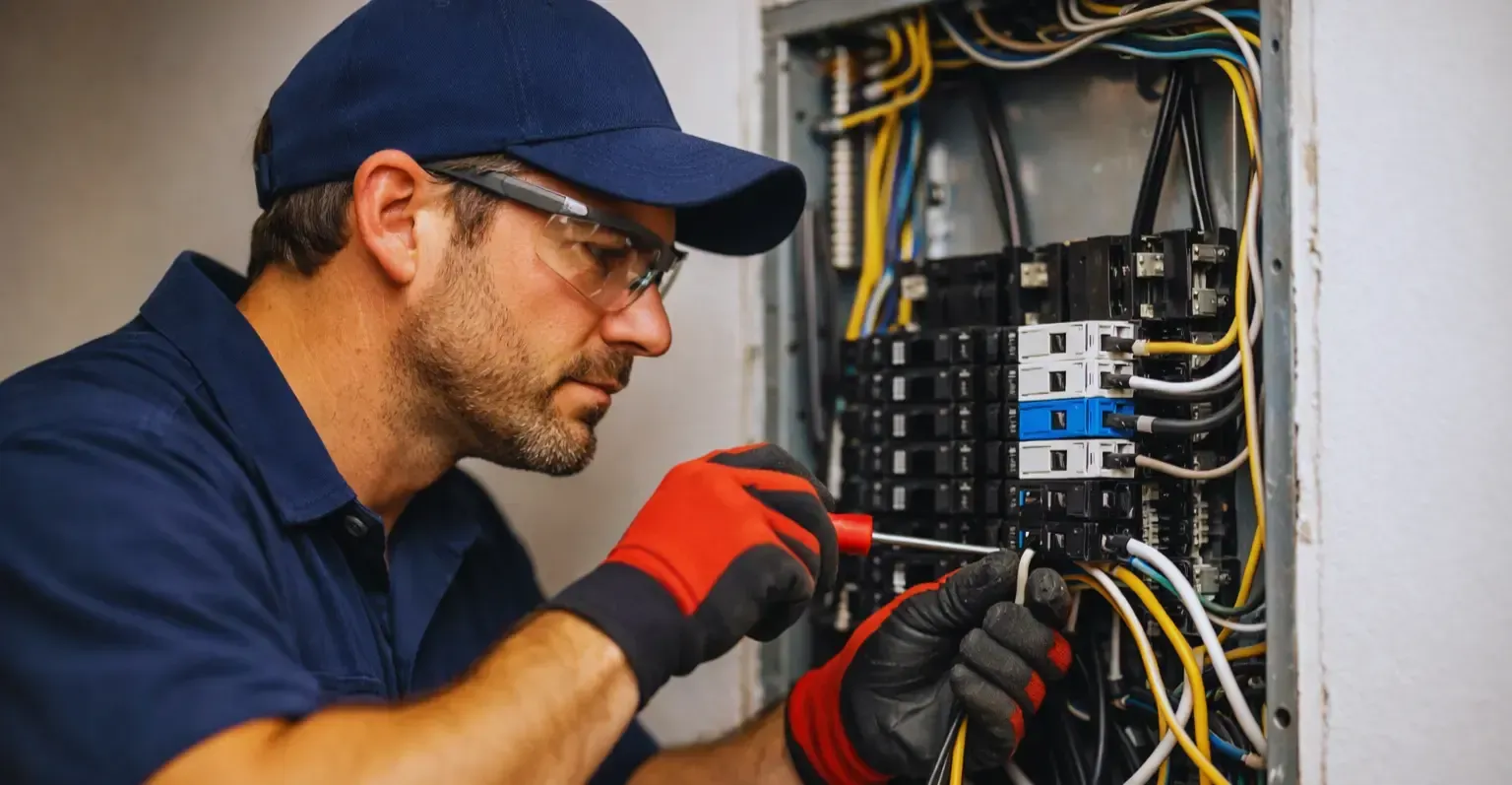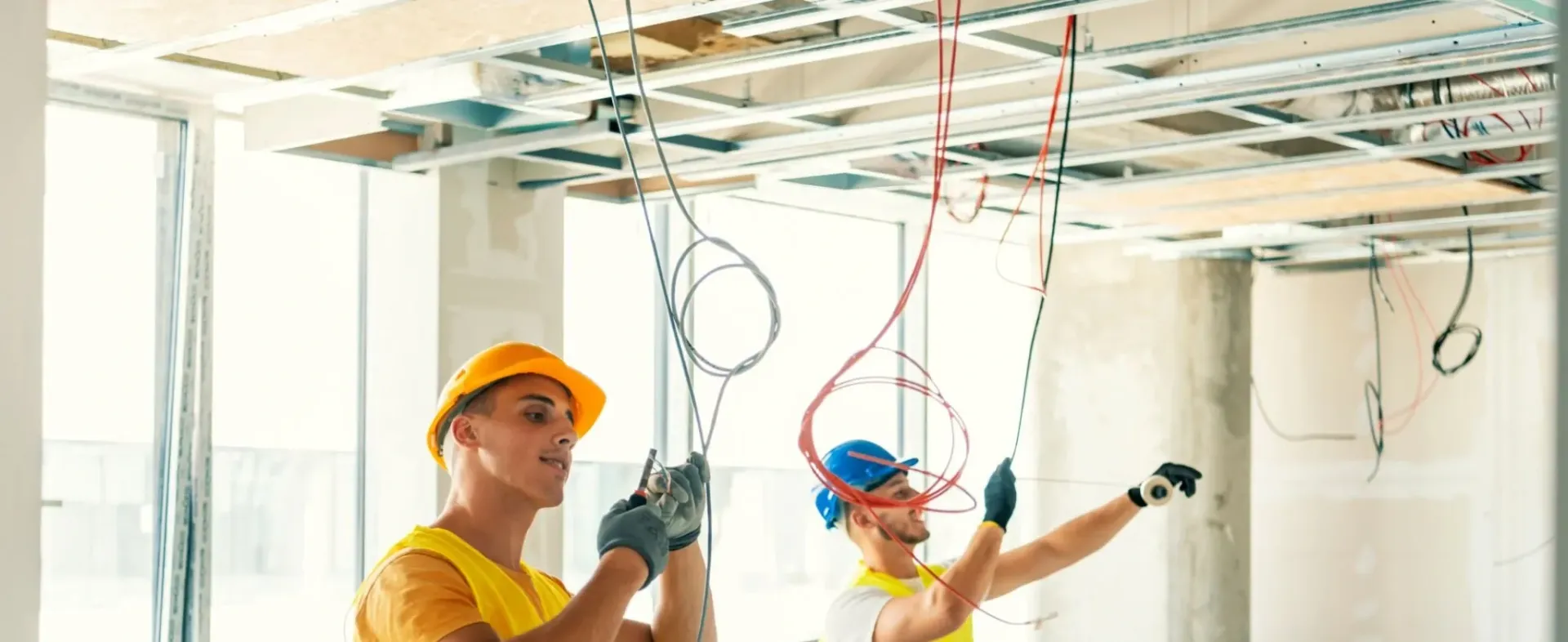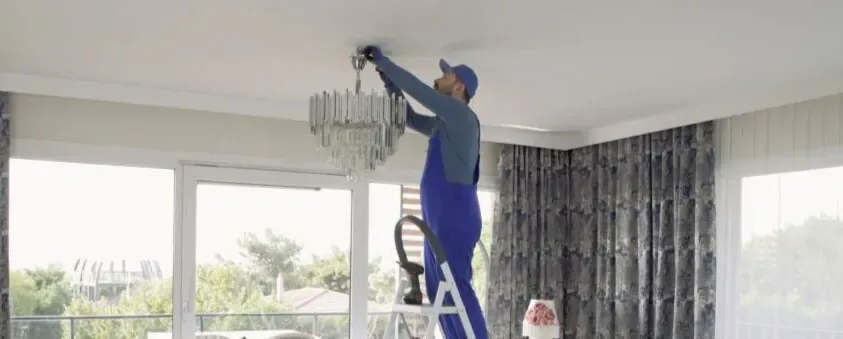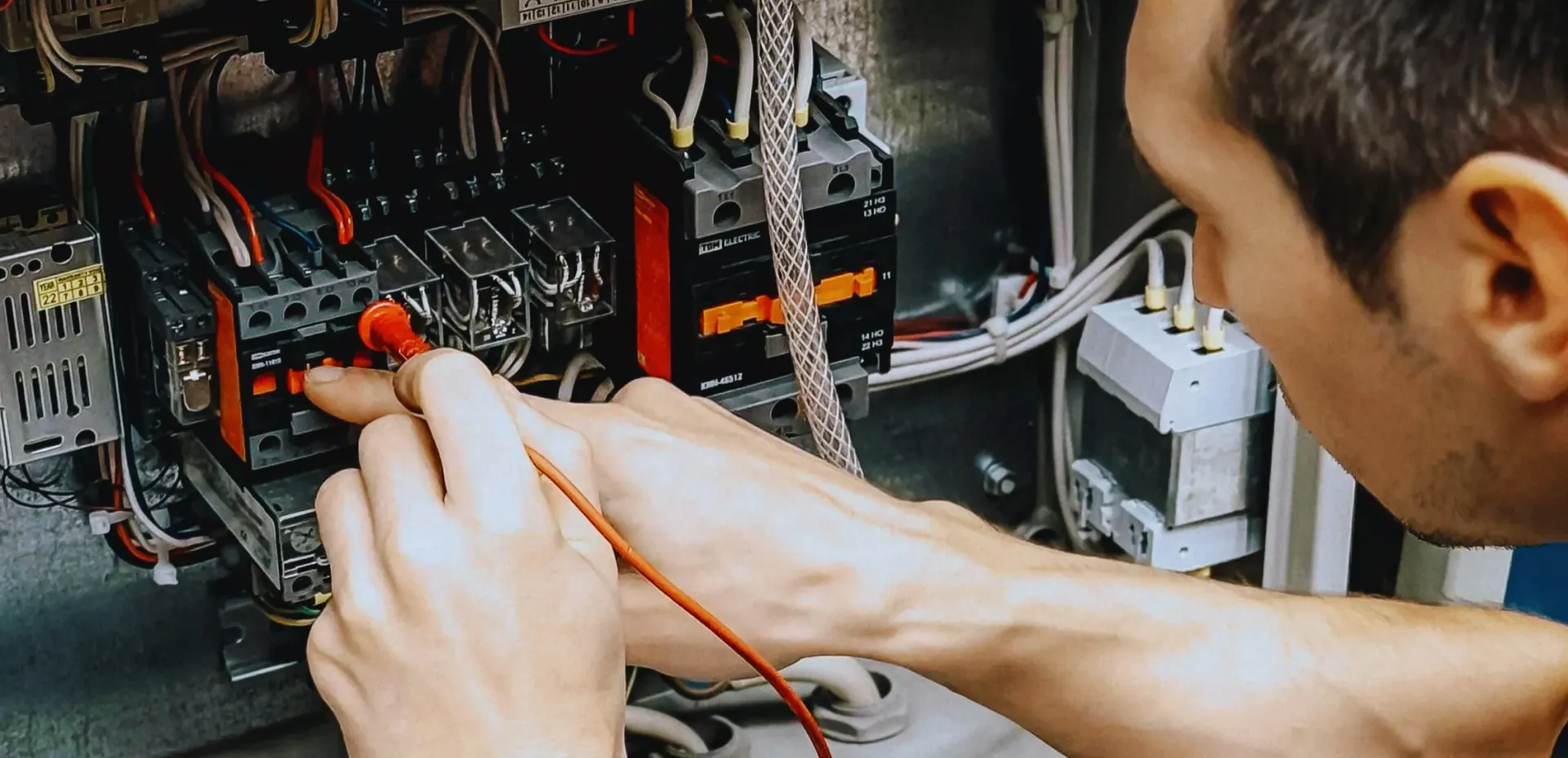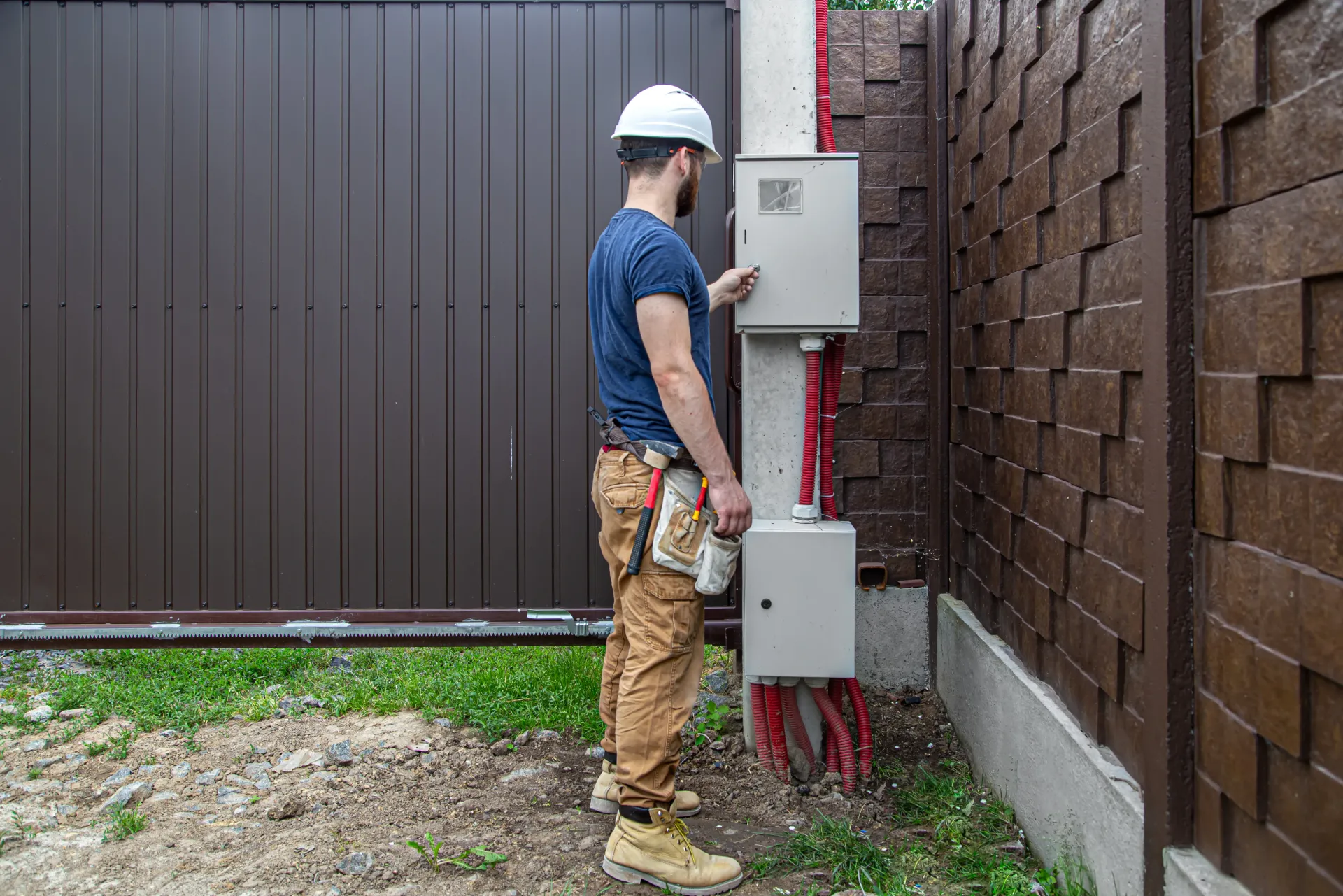Think It’s Just a Spark? Why Safe Electrical Practices Matter More Than You Think
Ever brushed off a flickering light or a tiny spark at the outlet? It might seem like a harmless glitch, but it could be the first sign of something serious. Safe electrical practices aren't just about following rules—they’re about protecting lives, homes, and your peace of mind. That split-second flash can be the difference between safety and catastrophe.
Electricity powers our lives. From lights to laptops, we’re constantly surrounded by electrical devices. But with great power—literally—comes great responsibility. And ignoring that responsibility can come at a steep price.

What Is an Electrical Spark and Why It Happens
An electrical spark is a sudden, visible flash of electricity caused when current jumps across an air gap or between conductors. It’s essentially a mini lightning bolt. These sparks can occur due to several reasons: frayed wires, poor connections, overloaded circuits, or faulty appliances. In technical terms, it’s the breakdown of insulation or air that allows electrons to arc and release energy as heat and light.
While it may appear brief, that spark is a symptom of instability. Left unaddressed, it can degrade wiring, damage devices, or worse—start a fire.
Common Causes of Electrical Sparks in Homes and Buildings
Sparks can result from many avoidable issues, including:
- Overloaded Outlets: Plugging too many devices into one outlet.
- Old or Worn-Out Wiring: Older homes often have outdated wiring systems.
- Loose Wires: Improperly connected wires can arc.
- Water Exposure: Moisture and electricity don’t mix—sparks are often the result.
- Faulty Appliances: Malfunctioning or damaged electronics can trigger sparking.
Understanding these causes can help you prevent problems before they start.
Electrical Fires: A Silent Threat
According to the National Fire Protection Association (NFPA), electrical issues are a leading cause of home fires. A spark in the wall or outlet may ignite nearby insulation, curtains, or wood framing without anyone noticing until it’s too late. These fires often smolder undetected, becoming deadly before you can react.
Preventing them starts with addressing electrical issues the moment you see—or hear—a spark.
Shocks and Electrocution Hazards
That tingle you feel when touching a switch or appliance? It’s not just static—it could be a mild shock, signaling poor grounding or insulation. Severe electric shocks can lead to muscle damage, cardiac arrest, or even death.
Electrocution is especially dangerous for children and pets. Making your home shock-proof isn’t just recommended—it’s essential.
The Risk to Appliances and Electronic Devices
Beyond safety, sparks and voltage irregularities can wreak havoc on your electronics. Sudden surges can damage televisions, computers, refrigerators, and more. That’s not just inconvenient—it’s expensive.
Installing surge protectors and ensuring grounded outlets can prolong the life of your devices.
Everyday Scenarios Where Electrical Safety Is Ignored
It’s easy to become complacent when electrical systems work flawlessly. But here are some ignored warning signs:
- Using extension cords permanently
- Running cords under rugs
- Unattended space heaters
- DIY wiring without turning off the power
Each scenario may seem minor but poses real risk when repeated over time.
Case Studies: Small Sparks That Led to Big Disasters
- Case 1: Apartment Fire in Chicago – A tiny spark from a malfunctioning outlet led to a 6-unit building blaze, displacing multiple families.
- Case 2: Office Equipment Failure – An ungrounded server room in a small business caused $50,000 in damages due to fire.
These real-world examples highlight that it’s never just a spark.
The Financial Cost of Electrical Accidents
Replacing burned appliances is one thing. But structural damage from an electrical fire can cost tens of thousands. Not to mention:
- Emergency repair services
- Hotel stays or relocation
- Increased insurance premiums
Preventive care is always cheaper than emergency repair.
Safe Electrical Practices at Home
Here are smart tips for home electrical safety:
- Replace damaged cords and outlets immediately.
- Install tamper-resistant outlets for child safety.
- Don’t overload power strips.
- Schedule an inspection every 3–5 years.
Simple habits can prevent disaster and ensure a safe living space.
Electrical Safety Tips for Businesses and Workplaces
For business owners:
- Train employees on proper equipment use.
- Conduct regular electrical audits.
- Secure wires away from walkways.
- Label high-voltage zones clearly.
Ignoring safety can mean downtime, fines, or even legal action.
Importance of Routine Electrical Inspections
Routine inspections help detect:
- Frayed or outdated wiring
- Improper grounding
- Undetected overloads
A licensed professional from an Electrical Service can catch these early and save you thousands in repairs or liability.

Why DIY Electrical Work Is a Bad Idea
Tempted to fix a breaker or rewire an outlet yourself? Think again.
DIY electrical work can void home insurance, violate code regulations, and put lives at risk. Electricians are trained for a reason—they know how to troubleshoot, test, and fix problems without putting anyone in danger.
How to Choose a Licensed Electrician
Look for:
- Proper licensing and certification
- Experience with similar projects
- Positive online reviews
- Transparent pricing and warranties
A certified expert ensures your home is safe and up to code.
What to Expect from Professional Electrical Service
Hiring professionals means:
- Detailed inspections
- Compliance with national and local codes
- Quality workmanship
- Safety-first installations
They handle everything—from panel upgrades to whole-house rewiring—with care and precision.
Understanding Local and National Electrical Codes
Building codes exist to enforce safety. They regulate:
- Wire sizing
- Circuit loading
- Grounding
- Breaker capacities
Non-compliance can lead to fines, rejected permits, and insurance issues. Always follow code—or better yet, hire someone who knows it.
Compliance and Insurance Implications
Insurers may deny claims if electrical issues were caused by unlicensed work or ignored safety recommendations. Proper documentation from certified inspections and repairs helps maintain coverage.
Installing Surge Protectors and Ground Fault Circuit Interrupters (GFCIs)
These small devices make a big difference:
- Surge Protectors defend electronics from voltage spikes.
- GFCIs shut off power instantly if a fault is detected.
They’re especially important in kitchens, bathrooms, and outdoor areas.
Smart Tech and Electrical Safety Integration
Smart systems can now monitor electrical use, detect faults, and send alerts. Devices like smart panels or outlets help prevent overloads and even shut down risky zones remotely.
Safety has never been smarter.
When to Contact an Electrician Immediately
Call a pro if you notice:
- Burning smells
- Flickering lights
- Buzzing outlets
- Frequent breaker trips
- Shock or sparks
Don’t wait for a small problem to become a catastrophe.
Think It’s Just a Spark? Why Safe Electrical Practices Matter More Than You Think
There are many myths, like “sparks are normal” or “it’s okay if the breaker trips sometimes.” These false beliefs can cost lives. Electrical safety isn’t just about gear or tools—it’s about mindset, vigilance, and respect for power.
A spark may seem small—but it’s your home giving you a warning. Listen to it.
Long-Term Benefits of Electrical Safety Awareness
When you stay proactive:
- Your family stays protected
- Devices last longer
- Insurance claims are avoided
- Energy bills may go down
It’s a win-win all around.
FAQs
What causes an electrical spark?
Loose connections, exposed wires, overloads, or faulty devices can cause sparks when the current arcs.
Can a spark really cause a fire?
Yes. Even small sparks can ignite flammable materials or cause overheating that leads to fires.
How can I tell if my wiring is faulty?
Frequent breaker trips, discolored outlets, flickering lights, or burning smells are key signs.
Is it safe to reset a tripped breaker myself?
If it happens occasionally, yes. But if it happens repeatedly, you should call a professional.
When should I call a professional electrician?
At the first sign of trouble—sparks, buzzing sounds, shocks, or inconsistent power.
How often should I get an electrical inspection?
Every 3–5 years, or immediately after buying an older home or after a renovation.
Protecting What Matters – Why Safety Starts With a Spark
Electrical safety is about foresight. That spark, flicker, or buzz might not mean disaster today—but it’s a warning you shouldn’t ignore. Whether at home or work, proactive safety can protect lives, property, and everything you’ve worked hard for.
Let’s stop thinking it’s just a spark—and start treating it like the warning it really is.
Links
